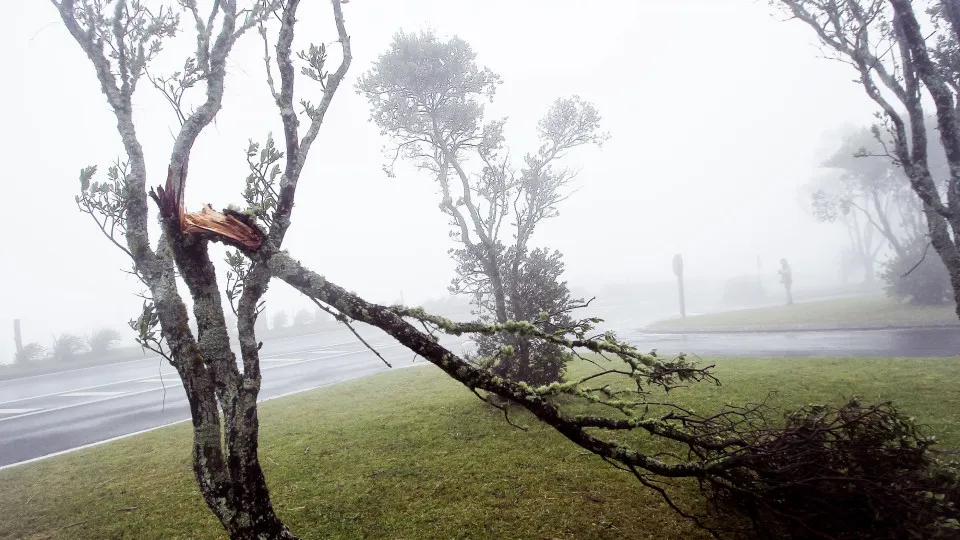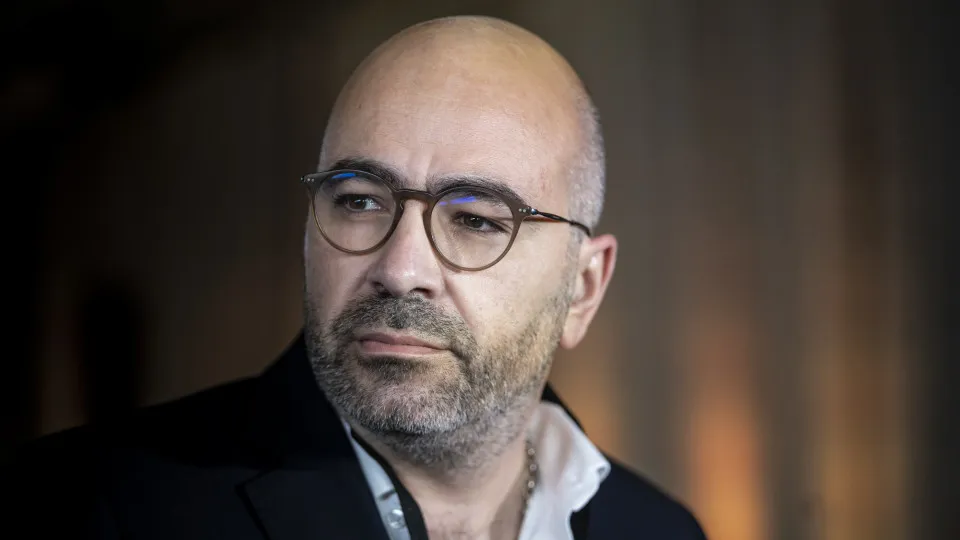
Henrique Gouveia e Melo addressed journalists following a meeting with young representatives of academic federations and student associations at Parque Eduardo VII in Lisbon.
When questioned about the controversy surrounding a case where a patient reportedly took five hours to be transported from Covilhã Hospital to Coimbra, the former Chief of the Navy Staff did not comment specifically but defended the Air Force’s role in medical emergencies.
“I know the Air Force well, I worked with them; they do the best they can with the resources the State provides. If the question is whether the Air Force should assist, that question is answered in the Constitution”, he stated.
According to the admiral, the Armed Forces, by fundamental law, “are obliged to assist civil society in its various struggles – and the Air Force does this very well.”
He went further in his response, expressing great respect for his “Air Force comrades, who perform true miracles.”
“They perform miracles not in military operations, but in operations for the civilian population”, he specified.
Questioned about whether there is a crisis at the National Institute of Medical Emergencies (INEM), the admiral avoided the topic and reacted: “I am not yet President of the Republic, so I don’t think I should comment on it at this moment”.
“Of course, we all want better healthcare. If the Armed Forces have a contribution to make to an effective response, then they should not sit idle with that potential,” he argued.
Before the journalists, Henrique Gouveia e Melo pointed out that other entities also play roles in medical emergencies. He then issued a critique: “Sometimes, – curiously in Portuguese society -, it seems entities want exclusivity.”
“But why seek exclusivity? We should all, with our potentials and the resources distributed by the State, provide the best possible response if we have the capacity,” he insisted.
Faced with the possibility that the helicopter used by the Air Force for patient transport from Covilhã to Coimbra may not have been the most suitable, the former Chief of the Navy Staff countered with a question: “Was there another available?”
“If there wasn’t another, and the equipment was used and saved lives, what criticism are we trying to make here? It makes no sense. What makes sense is to use everything available at each moment, especially in emergencies,” he concluded.
Asked about candidate Marques Mendes’s idea to appoint at least one young person to the Council of State if elected President in 2026, Henrique Gouveia e Melo downplayed his opponent’s idea.
“I was here meeting with representatives of federations and academic associations representing half a million young people, and I share the opinion that young people should be heard, as should other sectors of society. But they should be genuinely heard. Not in a demagogic way, pretending to listen to them,” he declared.
He then expressed doubts, without stating agreement or disagreement with Marques Mendes’s idea, about whether encouraging youth participation in political life can originate from the Council of State.
“What is truly discussed in the Council of State, decisively in organizational terms and concretely on the ground? Have you witnessed major discussions in the Council of State that resulted in concrete and objective policies in the past?” he questioned.
In this context, he sought to distance himself from other presidential candidates.
“Due to my military past, I prioritize efficiency. Because efficiency means doing the best possible with a given resource. I don’t prioritize demagoguery,” he added.




